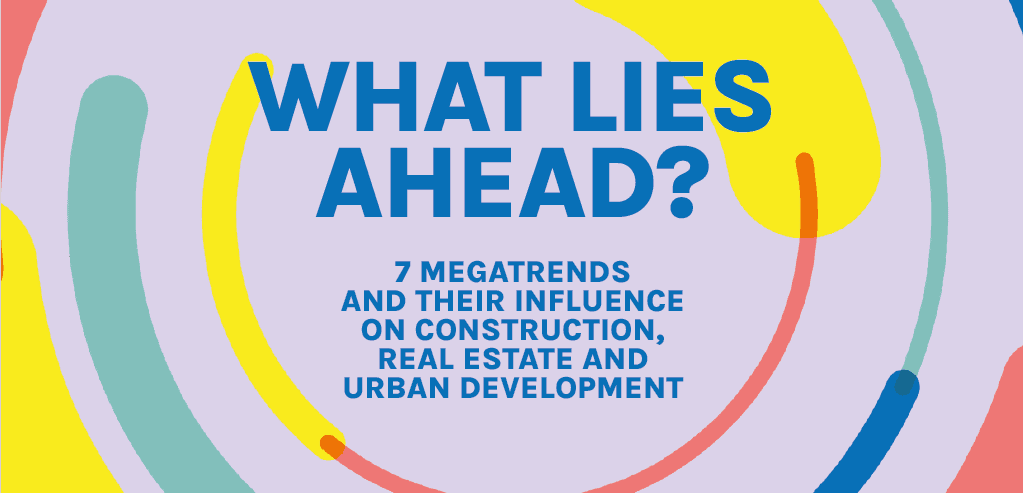
How do you see your housing?
6 minutes of reading
We interviewed 1,000 young people about their housing. Their answers were very enlightening!

There is no shortage of clichés about millennials. They are often considered to be young people who travel a lot, are adept at using technology, and pay little attention to authority. These stereotypes have been somewhat rebutted by studies, in particular with regard to employment[1]. But what about in terms of housing?
To learn more, Bouygues Construction’s Prospective lab worked alongside the start-up Jam to interview over 1,000 young people aged between 15 and 25. The sample of respondents corresponded to quotas established by INSEE (French statistics institute). As such, it was possible to obtain a faithful overview of the perspective of 15- to 25-year-olds on housing, and even to distinguish certain differences based on age and gender. Here is a preview of the results:
Where do young people live, and where would they like to live?
Among the young people questioned, more than a third live with their parents, while 31% live alone. Twenty per cent live with a partner, but this proportion increases with age, reaching a third among 22- to 25-year-olds. Only 10% live in shared housing, which contradicts the idea that this style of living is widespread among young people. When we asked young people what they would like to change in their current housing, more than half of the respondents said that having “more space” was their main desire. However, in a scenario where they were to buy housing, location overtakes size as the number-one criterion. The most important element influencing the choice of location seems to be proximity to the workplace (44%), while new housing is more popular among young people (35%) than the general population (15%)[2]. Contrary to popular belief, young people are not looking for technology at all costs. For example, the majority of young people surveyed said they were not enthusiastic about smart housing. However, when technology can be used to fulfil a real expectation, young people are more interested in innovations. For example, 9 out of 10 young people are attracted to the possibility of designing their housing with a 3D model before having it built.How do young people imagine their housing?
We asked our young people what the most important element in their housing is, such as being far ahead of the district, functionality, aesthetics, transport links, etc. The most popular answer was comfort. For young people, the ultimate deal-breaker when it comes to housing is noise. This was the leading problem, mentioned by almost half of the respondents in general, reaching 56% among female respondents! In addition to offering comfort and being soundproof, dream housing for young people must also include an open kitchen and a garden. Two main trends emerged when we asked respondents what their home represents for them: the first was the idea of a “cosy nest“, mentioned by more than a third of the young people interviewed (reaching 44% among female respondents), and the second was a “multi-functional” aspect (sought after by 40% of male respondents). In short, the “cosy” atmosphere is more popular with female respondents, while male respondents largely choose a “minimalist” feel or state that they “don’t have time” to take care of decoration. The results of this survey would therefore suggest that gender is an influencing factor in the way young people feel about their housing: overall, we find that a larger share of males have a functional relationship with their housing, while females share a more emotional relationship with it. Beyond this distinction, it would appear that this generation is far from presenting uniform behaviour in terms of their relationship with housing. Several profiles can in fact be established. In working with young people, we have put together standard profiles allowing us to have a clearer vision of their different relationships to housing and have assessed their distribution. We will present them to you in a series of upcoming articles. To be continued… [1] https://start.lesechos.fr/apprendre/gagner-leadership/les-cliches-sur-la-generation-y-degommes-par-la-science-1177076 [2] according to a 2019 YouGov-PAP study.More reading
Read also




What lies ahead? 7 megatrends and their influence on construction, real estate and urban development
Article
20 minutes of reading

